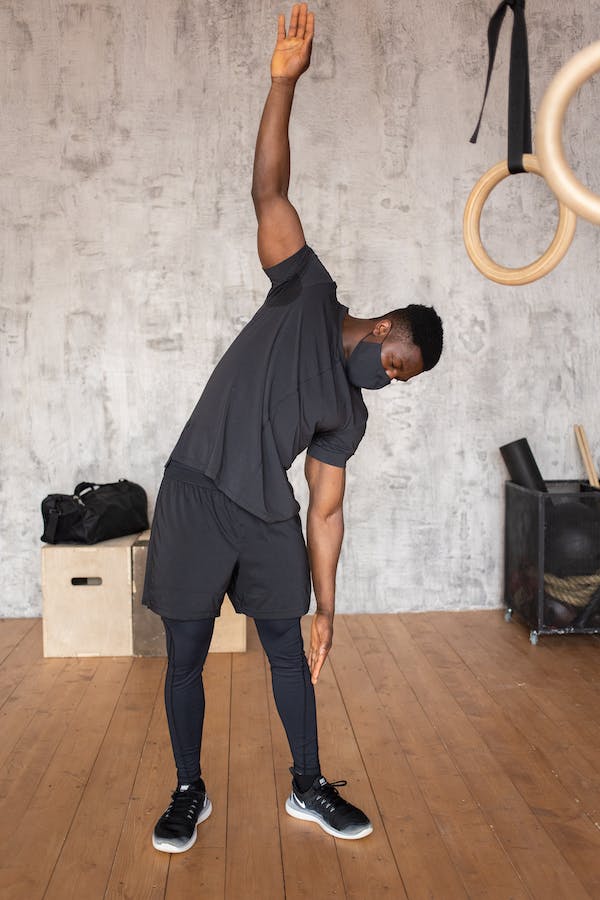HEALTH
6 Common Type Of Sports Injuries And How You Can Prevent Them

If you are a sports enthusiast, you may be familiar with the risks of injury that come with your chosen activity. Whether you are a professional athlete or a weekend warrior, it is important to know the common types of sports injuries McKinney and how to prevent them. Here are six common types of sports injuries that you should be aware of and what you can do to prevent them.
1. Sprains and strains
A sprain is an injury to a ligament, the tissue that connects bones to each other, while a strain is an injury to a muscle or tendon, the tissue that connects muscle to bone. You can suffer from these injuries when ligaments or muscles are stretched or torn. Sprains and strains are inherent in sports involving twisting, turning, or impacts, such as football, basketball, and soccer. It is essential to warm up properly before engaging in physical activity and to use proper technique when participating in your sport to avoid sprains and strains.
2. Fractures
Fractures occur when a bone is broken. They are prevalent in sports such as football and hockey, as well as sports that involve high-impact landings, such as gymnastics and cheerleading. The best way to prevent fractures is by wearing proper protective gear, such as helmets and pads, and to avoid overuse injuries by gradually increasing your training intensity to prevent fractures.
3. Dislocations
Dislocations occur when a bone is forced out of its normal position. If you participate in contact sports, such as football and soccer, or sports like gymnastics and skateboarding, you are at risk of suffering dislocations. Ensure you use proper technique and wear appropriate protective gear, such as knee and elbow pads, to avoid dislocations.
4. Concussions
A concussion is a traumatic brain injury that occurs when the head is jolted or hit. Concussions are common in individuals who participate in contact sports such as football and hockey, skiing, and snowboarding. Concussions can cause many symptoms, including headache, nausea, confusion, and difficulty concentrating. If you suspect that you or someone else has a concussion, seek medical attention immediately.
5. Overuse injuries
Overuse injuries occur when a particular part of the body is overworked. They are common in sports that involve repetitive motions, such as throwing a ball or swinging a racket. You may prevent overuse injuries by gradually increasing your training intensity, taking regular breaks, and varying your training routine.
6. Knee injuries
Knee injuries are one of the most prevalent sports injuries. They can occur due to various factors, such as overuse, impact, or improper technique. Knee injuries are common in sports that involve running, jumping, and cutting movements, such as soccer, basketball, and tennis. The best approach to avoid knee injuries is to use proper technique to strengthen the muscles around the knee and to wear appropriate protective gear, such as knee pads.
Knowing the common types of sports injuries and how to prevent them, you can take steps to reduce your risk and continue to enjoy your chosen activity. Remember to warm up properly, use proper technique, wear appropriate protective gear, and listen to your body. With the right mindset and preparation, you can prevent sports injuries and enjoy your sport to the fullest.
If you have sports injuries, call Kurv O2 to book your appointment for treatment.
Umar Nisar was born and raised in the busy city of Abbottabad. As a journalist, Umar Nisar has contributed to many online publications including PAK Today and the Huffing Post. In regards to academics, Umar Nisar earned a degree in business from the Abbottabad UST, Havelian. Umar Nisar follows the money and covers all aspects of emerging tech here at The Hear Up.
Thanks










